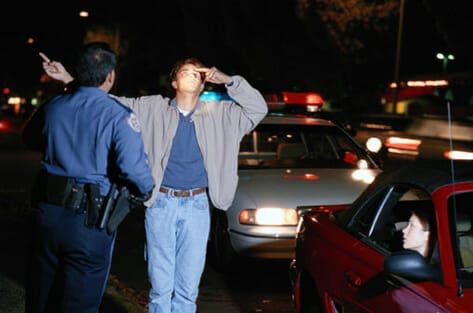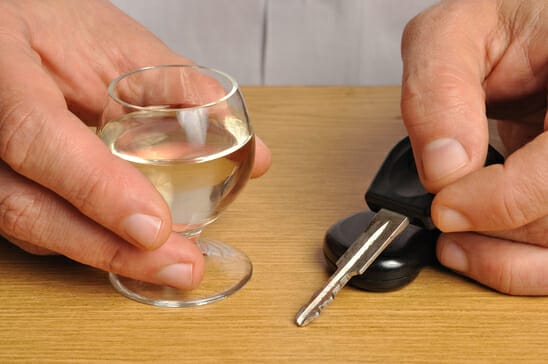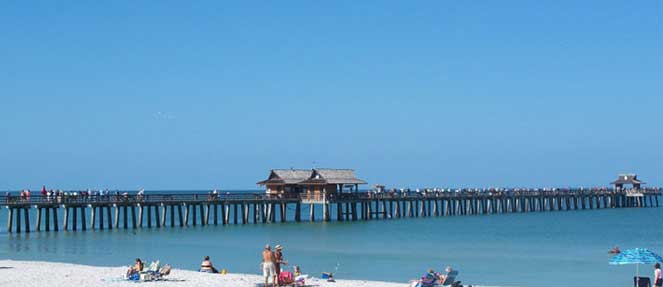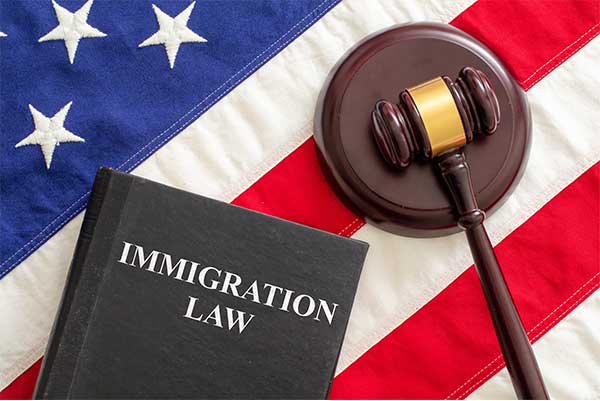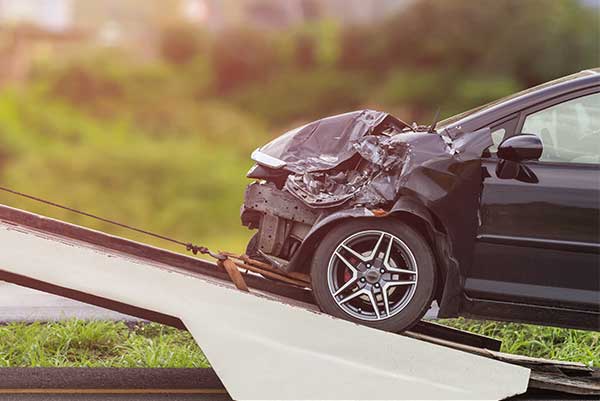What Is the Difference between BUI and DUI?
In the state of Florida, recreational boating is a major part of many peoples’ lives, and boating under the influence of alcohol is a concern for Florida law enforcement. As with driving, there are strict laws governing liquor consumption and the operation of boating equipment. BUI and DUI share many similarities, but there are several key differences that are worth noting.
When should I contact a criminal lawyer?
If you are facing criminal charges, you could benefit from the advice of an experienced Glades County criminal lawyer. In one way or another, all criminal charges are serious, so you should know your rights and be prepared to defend them.
At The Law Offices of Michael M. Raheb, P.A., we have extensive experience in criminal law, and we can help you avoid making mistakes that could compromise your interests. Give us a call today at 866-949-0888.
Here is a breakdown of the differences between BUI and DUI in the state of Florida:
Identifying the Driver
According to the Florida Legislature, the person who is in charge of the boat or vessel at the time of the transgression is responsible in a BUI accident. Unlike a car, where there can be only one obvious driver, though, the operator of a boat is often less clear. In some situations, there may not even be a single operator onboard.
According to Florida law, you can still face BUI charges if you were not steering or driving the boat at the time of the transgression. If the court can determine that you were operating the boat in some capacity, you can still face charges.
Probable Cause
Unlike DUI, where police must have a viable reason to stop a car before they can make an arrest, probable cause is not as strict regarding boats and other water vessels. The Florida Senate clarifies its stance on boating and BUI, and in many situations, the police do not need probable cause to board a vessel. Police will often cite alternate reasons for boarding the boat, such as to check vessel registration or to enforce safety rules.
Refusal to Take a Test
If police accuse you of driving under the influence and you refuse to take a blood alcohol test, the Department of Motor Vehicles will suspend your license. As you do not need a license to operate a boat, if you refuse to take a breath or blood test after police suspect you of boating under the influence, you will likely face a fine of up to $500 for your first offense, according to Online Sunshine. Subsequent refusals may result in misdemeanor charges.
Charges for driving or boating under the influence are serious, and it is important that you treat them as such. At the Law Offices of Michael M. Raheb, P.A., we have extensive criminal law experience, and we will examine your case and help you through the defense process. To speak to an experienced Glades County DUI lawyer today, call us at 866-949-0888.

